Vivo X Fold 3 Pro review: do not underestimate the challenger

Vivo X Fold 3 Pro Intro
Samsung's foldables are not the only kids on the block — they haven't been for a while. Yes, we know of the Google Pixel Fold and OnePlus Open, but more obscure manufacturers from the east, like Vivo, Xiaomi, and Honor are also making some very impressive folding phones.
And here, we have the Vivo X Fold 3 Pro — as the name suggests, 3rd generation down the line, and specced out as a flagship. It's big but thin, it's light but makes no compromise in camera, it holds no punches and has the hardware to back it up.
It's not officially sold in the States, though — while there is a global version of the Vivo X Fold 3 Pro, you'd be wise to check with carrier band compatibility before you press the "Buy now" button on a web shop. It can cost you as low as $1,500 — and that's not really low, is it now?
Here at PhoneArena, we take the smartphone through multiple hard-set tests and measure their performance, from computational power to camera output. The points above also show average score from other devices in the Vivo X Fold 3 Pro's price class, so you can get a better understanding of where it stands among its peers.
Table of Contents:
Vivo X Fold 3 Pro Specs
All the bells, all the whistles
Here's a quick overview of what the Vivo X Fold 3 Pro has on offer:
| Specs | Vivo X Fold 3 Pro |
|---|---|
| Size and Weight | Unfolded: 6.30 x 5.61 x 0.20 in (160 x 142.4 x 5.2 mm) Folded: 6.14 x 2.86 x 0.44 in (156 x 72.6 x 11.2 mm) 219 g |
| Display | Main screen: 8", 2480x2200, 20.2:18, 120 Hz Cover screen: 6.5", 2748x1172, 21:9, 120 Hz |
| Processor | Qualcomm Snapdragon 8 Gen 3, 4 nm, 3.3 GHz |
| Software | Funtouch OS 14 / Android 14 |
| Cameras | Main: 50 MP, F1.7 Ultra-wide: 50 MP, F2.0 Telephoto: 64 MP, F2.6, 3x zoom Front: 32 MP Internal selfie: 32 MP |
| Battery Size | 5,700 mAh |
| Charging Speeds | 100 W wired charge 50 W wireless charging |
| Prices | 16 GB / 512 GB, $1,500 (unofficial) |
Vivo X Fold 3 Pro Design and Display
Zero compromise

Quite the looker (Image credit - PhoneArena)
The Vivo X Fold 3 Pro attempts to be as useful as possible, whether its folded or opened. The external screen is quite spacious, and you can comfortably use it as a regular smartphone if you so desire. It's kind of on the thick side compared to a candybar phone, but for a foldable — it's still pretty thin. The build is metal and glass, with the back panel being a pleasant matte — it's a fine grain, so it feels soft rather than sandy. Bad news — it does collect quite a lot of finger grease, at least the black unit we have here.
The cover screen is quite large, with its 6.5-inch diagonal and almost feels like a "regular phone screen" with a 21:9 aspect ratio. It has thin-ish bezels and the glass even curves out at the side edges. The camera module on the back is quite a beast and does get in the way when handling the phone or when trying to just set it flat on a table.
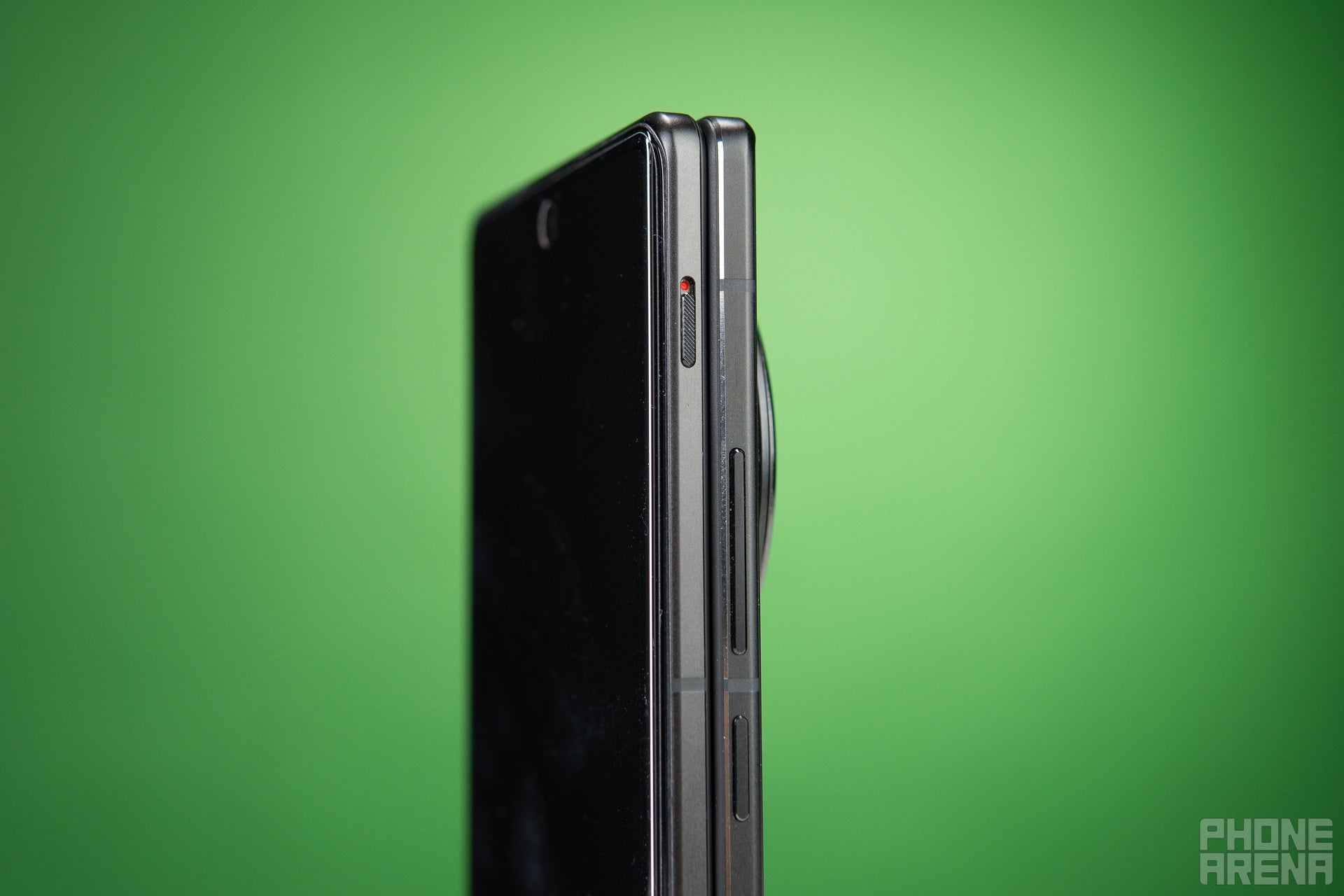
A mute switch? (Image credit - PhoneArena)
One unique feature you will notice — the Vivo X Fold 3 has a mute slider. That's very rare to see — as far as we know, OnePlus is the only Android phone maker to employ this. The Vivo implementation here is simple and effective — there are two steps. Muted phone with vibration or sound on — pretty self-explanatory, extremely convenient.
When opened up, the Vivo X Fold 3 becomes a thin, 5.2 mm slab with an almost square aspect ratio. The 6-inch internal screen is quite enough for multiple apps to float about, and the software helps you multitask with various slide-in options. The motion of the hinge is very smooth, stable, and pleasing. And yes, there is a crease across the middle of the screen — very shallow and pretty unnoticeable when using the phone.
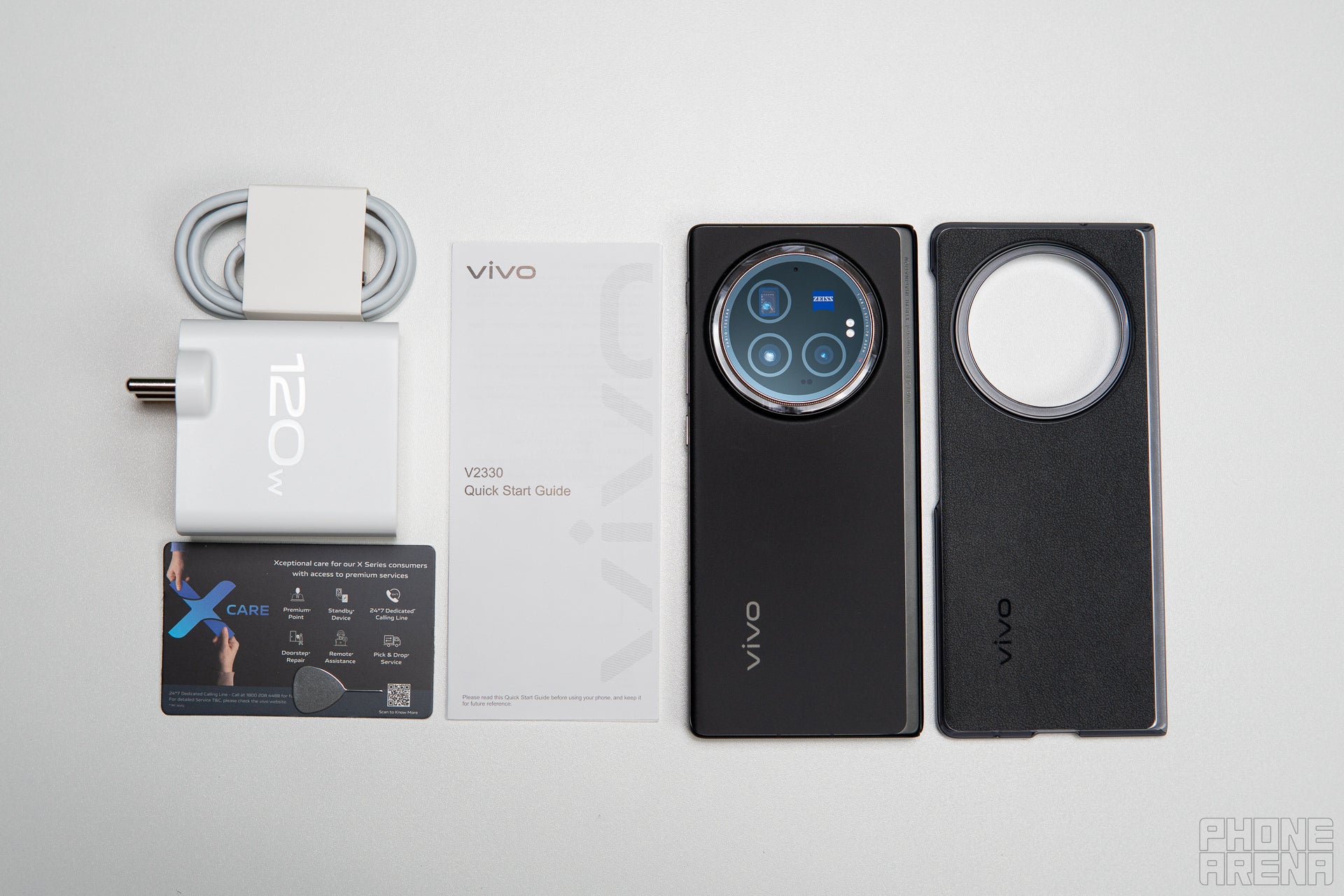
Wow, a full set of accessories (Image credit - PhoneArena)
The unboxing experience is quite generous — you get a 120 W charging brick to supply the power for the X Fold 3 Pro's fast charging speeds, a cable, and a shell case. Need to note — it's only a back shell, nothing for the front of the phone, like other foldables out there have. But we imagine it'd be quite hard to attach a front shell on this phone, with its thin bezel and curved glass.
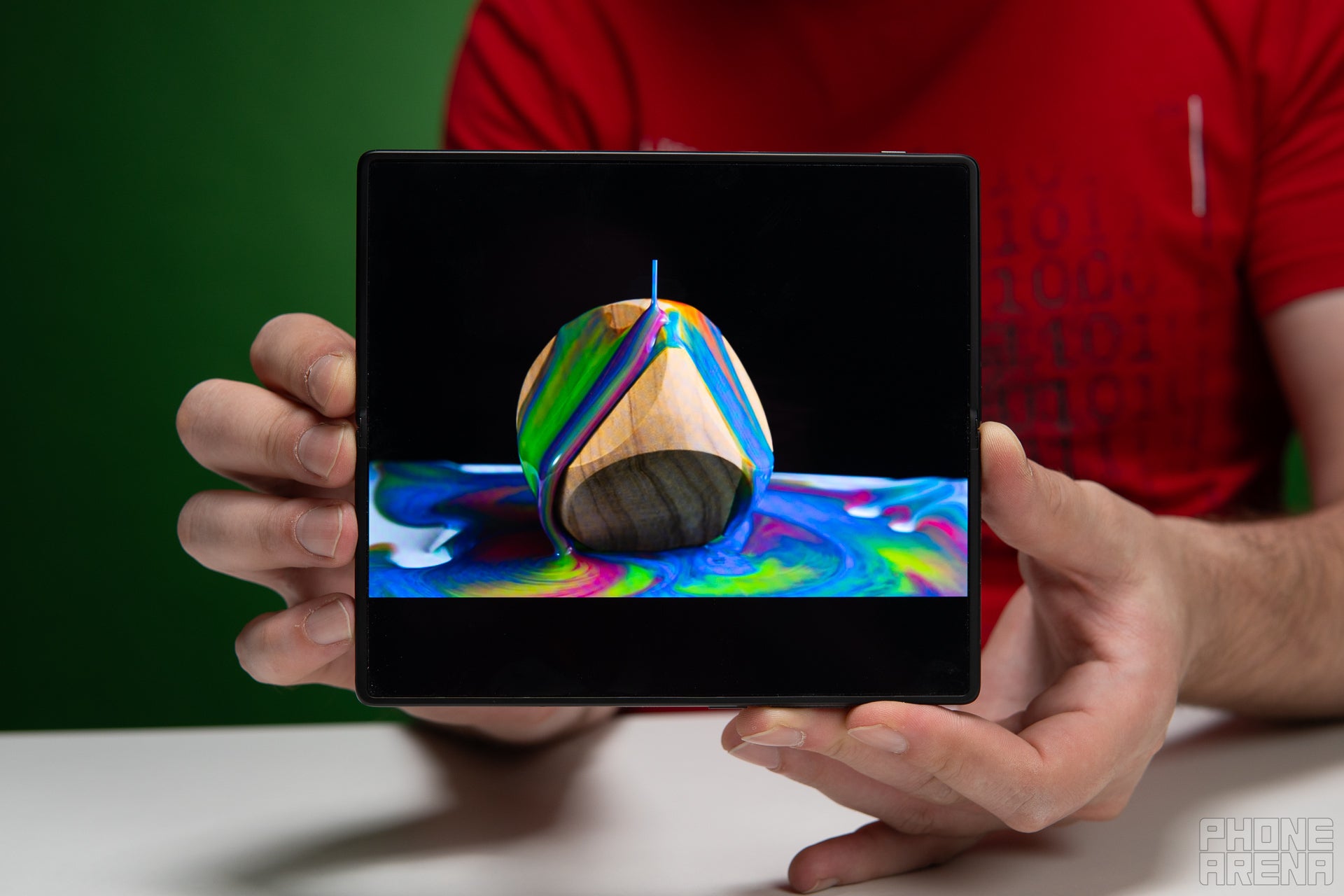
OLED screens are bright and punchy — no exception here, with both the external and main displays of the Vivo X Fold 3. The good news is you have a couple of color profiles to pick from, to adjust saturation and white balance. They are also very sharp, with the cover screen having 457 pixels per inch, and the main display — 412 PPI.
Impressively, the Vivo X Fold 3 Pro comes with two fingerprint scanners — each tucked away under both the cover screen and the main screen. You don't need to register your fingers with both — you can use whichever one you like, and the other one will "recognize" your prints just the same. And they are ultrasonic scanners, too — the expensive stuff. We found that the external scanner is very snappy, accurate, and responsive. The one under the main display is a bit of a slowpoke — probably because it's harder to get a good read with that flexible screen getting bent under our fingers.
Vivo X Fold 3 Pro Camera
Amped

Our new Camera Benchmark takes the phones through multiple hard-set tests to measure their detail reproduction, color accuracy, and simple — but very important — camera app and viewfinder behavior. This is all scored on a non-sunjective scale, giving us a clearer picture of how a phone's camera performs compared to its contemporaries.
The Vivo X Fold 3 Pro comes with some impressive numbers — 50 MP main camera, 50 MP ultra-wide, and a 64 MP telephoto camera for detailed portraits. Zeiss branding on the lenses, Zeiss-branded software optimizations. The question is... how do they perform in real life?
Main Camera
The good news is that the Vivo X Fold 3 Pro doesn't oversharpen in order to make you think those 50 MP are working overtime — image details look honest and clear. The bad news — exposure is dialed up and colors get a bit washed out. The dynamic range looks narrow — even though pictures are bright, the shadows are easily getting crushed.

When we go into low light, the issues with dynamics become more apparent, as the phone boosts highlights but loses detail in the shadows. Colors look more realistic in a darker scenario, but details become quite soft.
Zoom Quality
The same can be said about the zoom camera — again, we are happy to see that software oversharpening didn't go overboard. There are some telltale signs around jagged edges, but we don't spot sharpening halos around objects, which is great. But the dynamic range is, again, narrow, and — in turn — some darker colors get skewed away from reality.
Selfies
The 32 MP selfie camera does well in bright daylight — details may be a bit soft, but there's nothing egregious sticking out. Once we move indoors, however, selfies quickly become washed out with blurred details and pale colors.
Video Quality

The same issues with dynamics pop up on video, where we lose details in shadows way too easily. The stabilization can also be better, as it wobbles and bobs with every little twitch. Zooming in while filming is not very smooth and can definitely ruin the flow of a clip.
Vivo X Fold 3 Pro Performance & Benchmarks
Speed demon
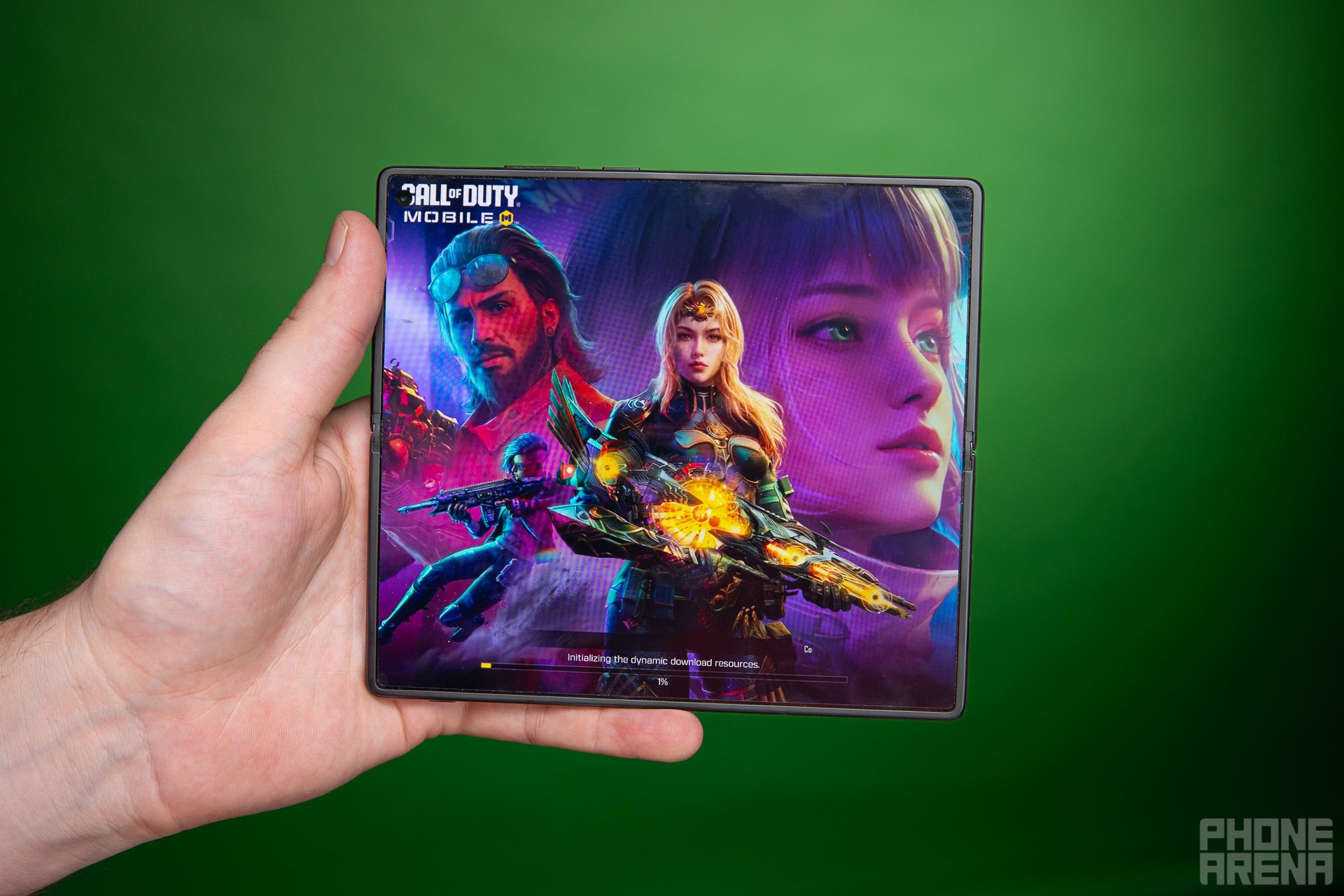
Play anything (Image credit - PhoneArena)
The Vivo X Fold 3 Pro is way too fancy to be making compromises with hardware. It's powered by the Qualcomm Snapdragon 8 Gen 3 — octa-core, 4 nm processor, with 3.3 GHz top speed. That's basically the best you can get on an Android phone right now, aside from the slightly overclocked "for Galaxy" version.
On the side, we have 16 GB of RAM and 512 GB of storage — that's LPDDR5X and UFS 4.0, so the fastest chips available. Also, there's a 1 TB storage option you can opt for.
Performance Benchmarks:
The above is reaffirmed by the benchmark scores — the Vivo X Fold 3 Pro scores 6,600 Geekbench Multi-Core score, which is slightly shy of the Galaxy Z Fold 6's achievement because the latter has the slightly overclocked Snapdragon. Same goes for Single-Core. And, looking at the 3DMark scores, again, the Vivo hits 4,550 best score, which is about 200 less than the Samsung.
To put it in simple terms — this is close to the best performance you can get out of an Android smartphone right now. Of course, we ran some demanding games — namely, Breakout Arena, which is the current hot extraction shooter on mobile — and it ran perfectly fine with max settings.
Vivo X Fold 3 Pro Software
Vivo's software is called "Funtouch OS", currently running on top of Android 14. The build for the X Fold 3 Pro sports all sorts of tricks to help you with multitasking. The sidebar drawer with apps, for example — whenever you tap on an app icon there, it automatically opens in a floating window, as the phone assumes you are multitasing. If you quickly flutter the flaps of the X Fold 3, in a close-open motion, it will automatically activate split-screen. And the app dock on the bottom has a "recent apps" section on the right — much like on Samsung's Fold phones.
In general, it's an amalgamation of ideas we've seen before. Funtouch looks like a marriage of iOS and One UI — any feature you've liked from other top phones will likely be here. Minus the cool AI image manipulation — for example, tapping and holding on a subject in a photo to instantly crop it out doesn't happen here. Which was a bit of a disappointment, we love doing that on iPhones and Galaxies.
As for software updates — Vivo hasn't made any promises, so let's just assume 2 years of updates, possibly 3 years of security patches.
Vivo X Fold 3 Pro Battery
This boy will last you
With dual batteries inside, the Vivo X Fold 3 Pro achieves a total of 5,700 mAh battery capacity — that's a lot, even by "normal phone" standards, and definitely much more than most foldables out there.
As a result, we get a lot of juice out of a single charge on the Vivo X Fold 3 Pro:
Almost 14 hours of browsing, 10 hours of video streaming – those are some numbers, indeed. The Vivo X Fold 3 Pro will comfortably last you a day, maybe two if you are more of a casual user (do casual users buy super-thin, super powerful foldable phones?).

And even if you get yourself in a pickle, the dual cell design allows for super-fast charging — with Vivo's tech, you can charge the X Fold 3 Pro with a 100 W power brick, which will get you 50% in just 15 minutes.
The official Vivo wireless charger can also get you 50 W of wireless power — that's a bit overkill, but it's there for fast top ups whenever you set it down.
Vivo X Fold 3 Pro Audio Quality and Haptics
Not everything is sunshine and roses — the Vivo X Fold 3 Pro's stereo speakers are a bit of a letdown. They have a bit of bass, but sound tinny and fatiguing in the high mids, and they lack a nice airy presence. The candybar Galaxy S24 Ultra, for example, sounds much better, and the Z Fold 6 is definitely ahead.
For haptics — the Vivo X Fold 3 Pro feels nice. It's a nice, subtle click, that comes on time and feels right enough to give you feedback when you click across the interface.
Should you buy it?

That's a tough question – depending on which market you are in, it can be quite hard to get your hands on a Vivo X Fold 3 Pro. We'd say it's not worth jumping through multiple hoops and risking carrier incopatibilities — not because the Vivo X Fold 3 Pro is bad, but because there are options out there that work just fine and perform quite well themselves.
That said, we are quite impressed with the Vivo X Fold 3 Pro — quality screens, quality build, dual ultrasonic fingerprint scanners, excellent performance and battery life. All that for quite the competitive price — considering that Samsung upped the price tag of the Z Fold by $100 this year, we'd say the Vivo X Fold 3 Pro is quite well positioned. Again... pretty hard to find it at a reputable retailer, though.
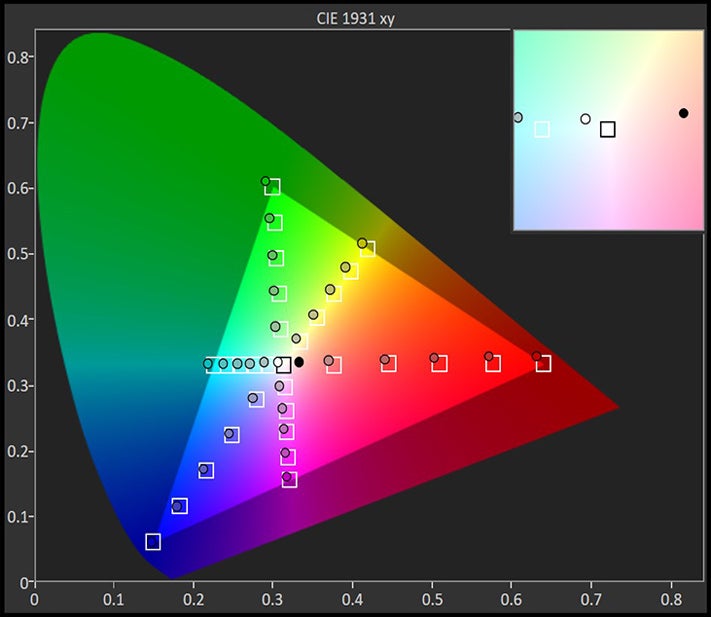

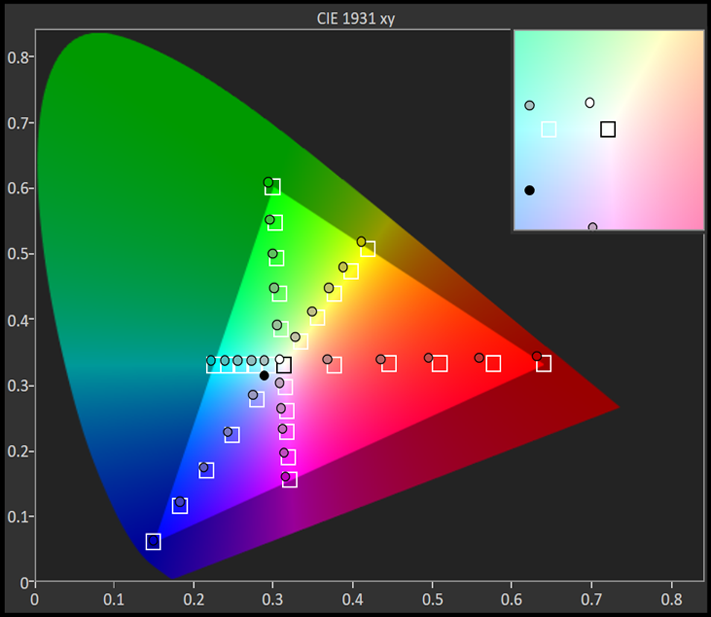


















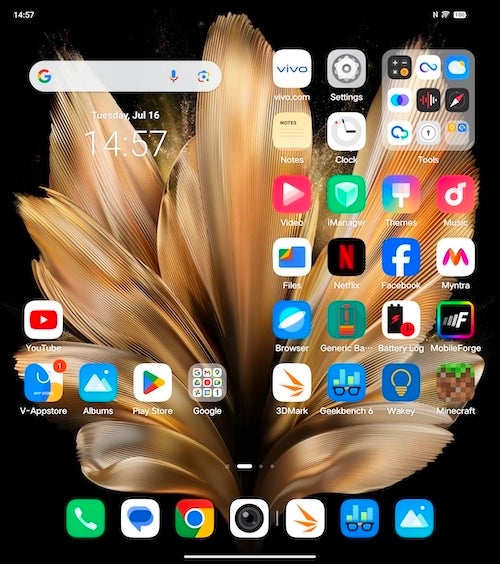
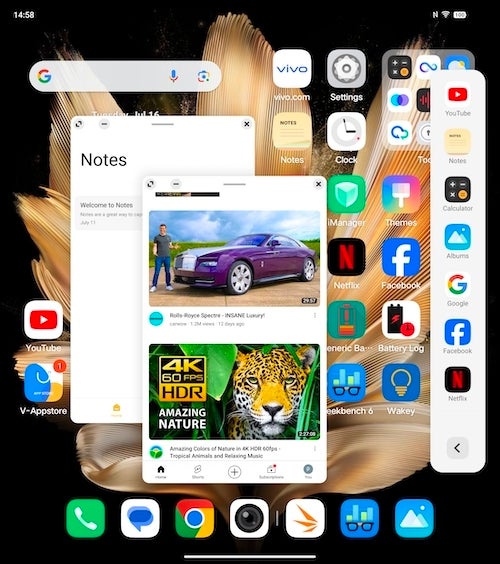
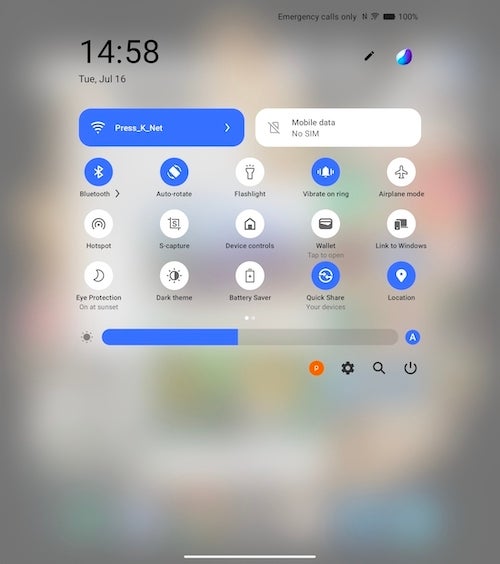
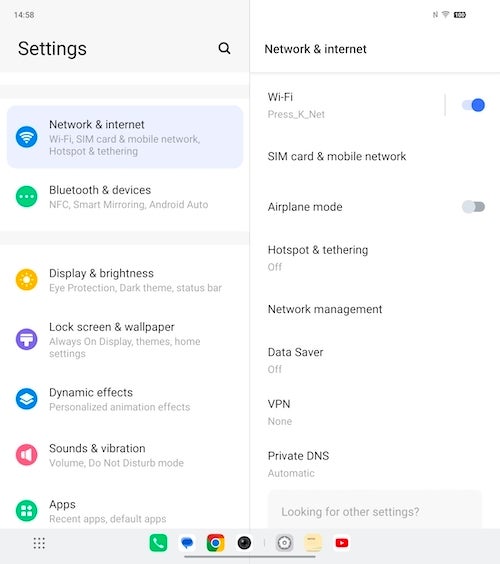
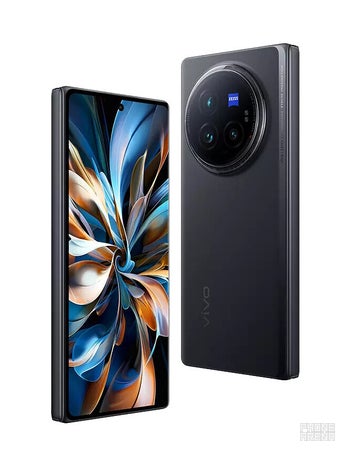


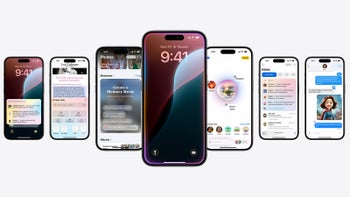
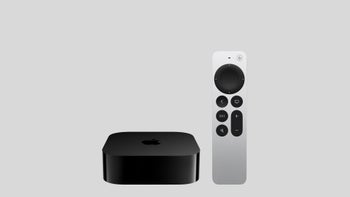
![iPhone users on AT&T left without service after massive outage [UPDATED]](https://m-cdn.phonearena.com/images/article/161893-wide-two_350/iPhone-users-on-AT-T-left-without-service-after-massive-outage-UPDATED.jpg)
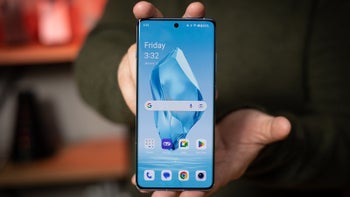
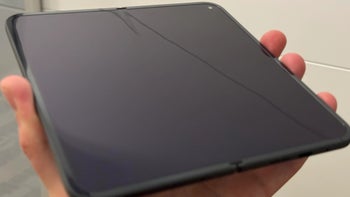
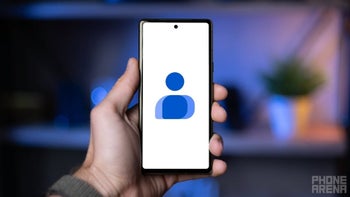
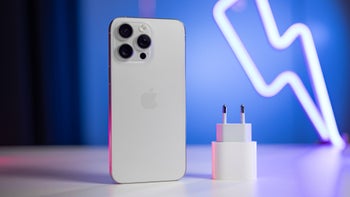




Things that are NOT allowed: